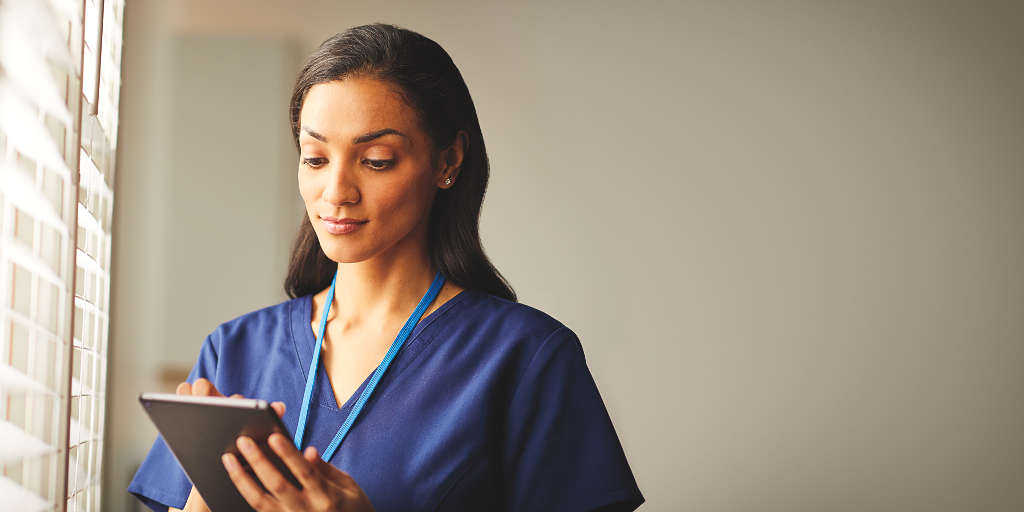
Professional healthcare
Better care for more people
Where your passion sparks our innovation
Everything we do is inspired by you and your commitment to care. Like you, we see growing patient populations and the emergence of new technologies as opportunities to improve the health and well-being of more people. We exist to support you with the innovative, sustainable solutions that you need to deliver your high standard of care.
A comprehensive portfolio
Featured products and solutions

Patient monitoring
Learn about our end-to-end patient monitoring solution that offers a complete view of the patient using live, streaming device data.

Ultrasound
Explore Philips wide selection of ultrasound machines, designed to meet the challenges of today's clinical practices.

Image-guided therapy
An integrated portfolio of interventional imaging systems, smart devices, software and services for complex procedures.

Diagnostic and clinical informatics
Integrate diagnostics to unite patient care across radiology, cardiology, oncology and digital pathology with Philips diagnostic informatics.

Magnetic resonance imaging
Discover Philips MRI systems and solutions that deliver high-quality diagnostic imaging, improve productivity and enhance the overall experience.

Computed tomography
See how Philips CT solutions use smart technology to enhance diagnostic confidence and help overcome clinical complexity and workflow challenges.

Just launched
Building trust in healthcare AI
Read the perspectives from patients and professionals in the 2025 Future Health Index Report

Get support for your healthcare products
Quickly and easily find the information you need to keep your healthcare organization and operations running smoothly. Or connect directly with a rep!
Sign up for news and updates

Disclaimer
Results are specific to the institution where they were obtained and may not reflect the results achievable at other institutions. Results in other cases may vary.